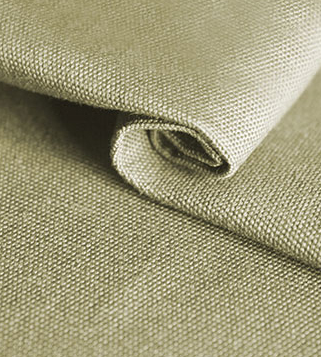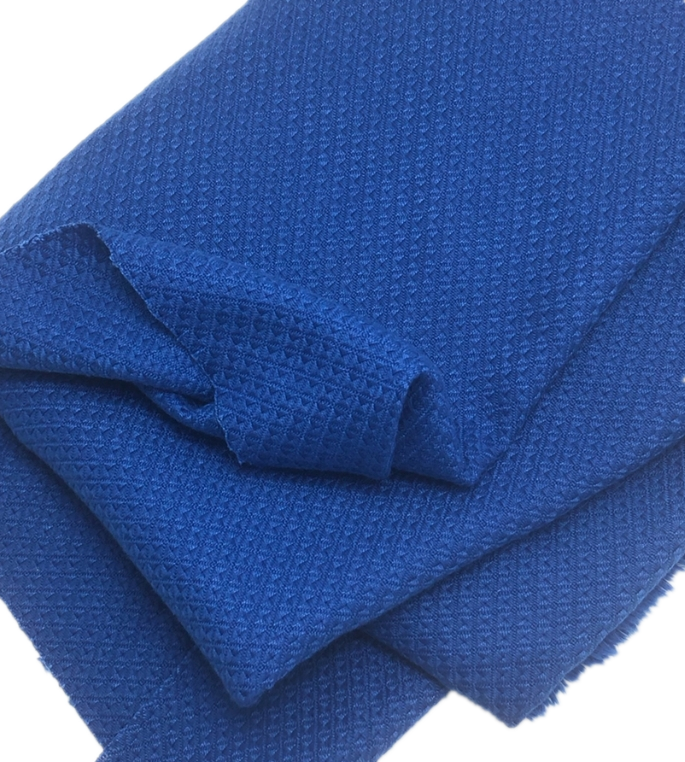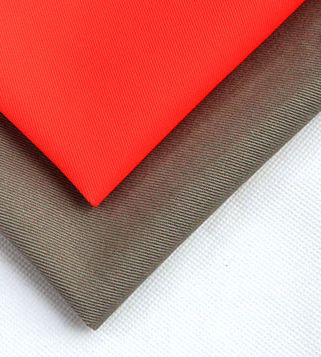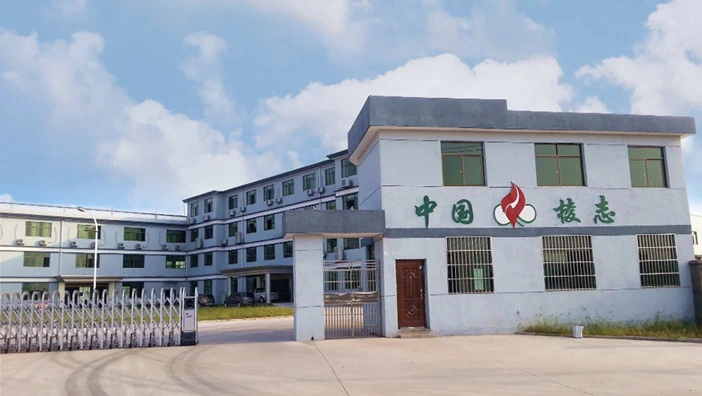Տել՝0086769-23187408
Էլ. փոստ՝info@linzshoes.com
Տել՝0086769-23187408
Էլ. փոստ՝info@linzshoes.com

Տերմինական պաշտպանություն՝ օգտագործելով դադարագույն տեքստիլներ՝ կայունության վարունգից պաշտպանությունը կենտրոնացնում է դադարագույն տեքստիլների կարևոր դերը մարդկանց պաշտպանության մեջ տերմինական բազարդից։ Օգտագործման ժամանակ, այն կարող է նշանակարում դադարագույն հայցների տարածումը կամ mooieնում ենթադրել ջերմափոխանցումը, այնպես որ գործունեություն ունի պաշտպանություն կայունության և ջերմաստիճանի դեմ։ Հայտնաբերում է կայունության վարունգից կապված վարունգների դեմ։

Բարձր ռիսկով դեպքերում՝ մաքսային արտադրամասներից, էլեկտրական աղեղներից կամ քիմիական ռեակցիաներից արդյոք կարող են արձանալ կարողանքներ՝ որոնք կարող են ուղղակիորեն արձանալ արձանալ բարդ արդյունքներով, բայց արդյունավետության մականի օգտագործումը աշխատանքի մականում թույլ է տալիս աշխատողներին փախուստ դուրս գալու առաջացնելուց առաջ կյանքից խանգարող պայմաններ:
Արագույն մանիտների կոշիկները ստեղծվել են դրանց հասանելության դեպքում կարևորացնելու համար կարմիր փոխանցման և ջերմության փոխանցման նվազեցման, որոնք կարող են կանգնած բարձր ջերմության մակարդակներում կառուցվել, չեն կարող արագացնել և ինքնուրույն են անջատվում, ինչպես նաեւ համապատասխանում են խոշոր համաշխարհային ստանդարտներին, ինչպիսիք են NFPA, EN ISO և ASTM-ը։
Ավելի ուշ, տեխնոլոգիան մարդկանց համակարգային պահպանման առաջին քայլը գերազանցում է: Կոր蠢ոցներ, արդյունաբերող թանգարաններ և այլ արդյունավետ կիրառումներ ենթադրում են արձանահարված նյութերի կիրառումը, որոնք գործունեություն ունեն որպես պասիվ արձանահարված համակարգեր՝ փոխարենություն տալու հարցում և կարևոր ինֆրաստրուկտուրային պահպանում։

Որևէ տեղ, որտեղ կա կուր ստիպում, կուրային հասարակության տեքստիլները գործունեության դեպքում սպասարկող շենքեր են, որոնք կարող են օգտագործվել ան전անության բարձրացման համար։ Այս նախագահական տեքստիլային տեխնոլոգիան սահմաններ չունի և դառնում է կարևոր պահպանիչ գաղափար շատ արդյունաբերության գործարաններում, համալիրներում, տրանսպորտային համակարգերում, հոտելներում և համապատասխան անտառներում։
Կուրային տեքստիլները ստեղծված են ճշգրիտ այնպես, որ հասանելիություն չունեն արագ կուրի տարածմանը, որը նվազեցնում է ջերմափոխանցումը՝ այդ նշանակում է, որ այս նյութերը մնում են անգամիքներին անմիջականությամբ անկախ դժվար պայմաններում։ Այս դեպքում դրանք հեշտությամբ չեն արդյունավետություն ստանում, իսկ երբ արդյունավետություն ստանում են՝ իրենցից արդյունավետությունը ինքնուրույն դադարվում է, և դրանք հաստատված են համաձայն ճանաչված միջազգային ստանդարտներին՝ այն դեպքում, երբ անձնավոր պահպանիչ սարքերի (PPE) կուրային պահպանման մասին չի կարող գերանցել։
Այս տեքստիլները նաև օգտագործվում են այլ ասpektներում՝ նմանապես մատանդարանային պատրաստումների մեջ, դպրոցական արտադրանքների և հիվանդանոցների սենյակներում, որտեղ կա հանգունեցող պահպանիչ մակարդակ կուրից առաջացած անտառներից։
Այսօրի ժամանակ պիրոգենացնող թերևների իմաստը կարող է վերաբերվել դրանց հավանականությանը և վստահելիությանը: Դրանք հետևաբար կարող են շեշտվել տարբեր միջավայրերում, բայց նաև պահպանում են ընդհանուր կարգի պիրոգենապահությունը՝ համապատասխանելով միակ գործարանային պահանջներին: Այդպիսով, դրանք ներկայացնում են պայմանական պահպանություն չնայած անպատ-yyyy ռիզիկներին, որոնք ավելացնում են պատրաստության մշակութային մշակումը և ցույց տալիս են համատեղելությունը մարդկանց կյանքի փոխարկման մասին՝ ցանկացած ներսում գտնվող միջավայրում, որտեղ սովորական են մնում սարքերի ռիսկերը:

Եթե դրանք սովորաբար համարվում են ուժեղ և երկարամատյալ, պիրոգենապահ կտորները ունեն մի քանի եղելական այլընտրանքներ հեշտ շարժում։ Այս տեքստիլները պահպանում են կարևոր պիրոգենապահ որակները, բայց կտրում են ավելի շատ զանգվածը՝ օգտագործելով ավանդական գործարանային գործընթացներ և տեքստիլային գիտություն:
Debeկուր արտադիրքով հեռացվող նյութերը անհրաժեշտ են գործունեություններում, ինչպիսիք են հեռացումների համար ապահովական համբերակցություն, խաղաղական համբերակցություն կամ mooieմբ արտադրանքների համար սպորտային համբերակցություն, որպեսզի օգտագործողները կարող լինեն արդյոք արդյոք իրենց պարտադիրությունները արդյոք արդյոք կատարեն արդյոք արդյոք արդյոք։ Ավելացված հավատալիությունով և պակաս հանգունությամբ, պակաս բառներով ավելացնում է գործունեությունների արդյոք արդյոք արդյոք։

Արտադրանքային կենտրոններում, կոչվող և բնական գազի մշակող սարքերում, տուների վրա, հիդրոկարբոնային գազավոր և այլ արագացվող նյութերը անընդհատ շուրջ են գտնվում աշխատողներին։ Բաց կարողությունների, սպարկերի կամ անգամ սեփական արագացման առկայությունը կարող է արագ ժամանակում բերել կաթարտիկ դիրքին։ Հրաբերական նյութերը այս խնդիրներին հանձնում են՝ կարելու դեպքում արագացման համար և նվազեցնելով անհատականությունները ատակների ժամանակ։
Հրաբերական նյութը կարող է սեփականություն ունենալ, ինչպես նաև ինքնաբացասեփական լինել ինքնաբացասեփականության դեպքում, ինչպես նաև պաշտպանում է բարձր ջերմություններից՝ համապատասխանելով արդյունաբերության ստանդարտներին, ինչպես օրինակ՝ NFPA 2112, EN ISO 11612 և ASTM F1506-ից։ Այդ նյութերից կատարված համարները ներառում են գենդեր, ջակետներ, տանկերիներ և գլովսներ, որոնք անհրաժեշտ են աշխատողների անվտանգության դեպքում արտադրանքային դիրքերում։
Գործակալությունը արտադրում է նորագույն արտադրանքներ, որոնք հրաբերական են, ինչը դարձնում է անվտանգությունը կրիտիկական տնտեսության տեղադրությունը։

Nize New Materials-ը աշխարհի առաջատար նյութերի մատակարարներից մեկն է: Մենք ունենք ավելի քան 20 տարվա փորձ այս ոլորտում եւ սպասարկում ենք հաճախորդներին ամբողջ աշխարհում: Մենք նաեւ ունենք համաշխարհային մակարդակի արտադրական սարքավորումներ եւ տարեկան արտադրական կարողություն 5 մետր իոնային սուլֆատ:
Մենք կենտրոնանում ենք հետազոտության հակա-թարսման կոշիկի միջին հատվածի վրա, ընդհատելով հակա-թարսման կտորի միջին հատվածի մենաշնորհային դիրքը inforeian երկրներում: եւ արտադրելով մեր սեփական ճյուղի հակա-թարսման կտորի միջին հատվածը,
Գործարանը զբաղեցնում է 83.5 մու տարածք եւ ունի ավելի քան 22.500 քառակուսի մետր արտադրական գործարան, 3000 քառակուսի մետր հետազոտական եւ զարգացման կենտրոն, 3000 քառակուսի մետր գրասենյակային տարածք եւ ավելի քան 500 հավաքածու առաջադեմ արտադրական եւ ստուգման սարքավորումներ:
Մենք ունենք գերազանց արտադրանք եւ պրոֆեսիոնալ վաճառքի եւ տեխնիկական թիմ, որը կարող է բավարար լուծումներ տրամադրել ըստ ձեր կարիքների: Եթե դուք հետաքրքրված եք մեր արտադրանքով, մենք սպասում ենք ձեր առցանց հաղորդագրությանը կամ զանգահարել խորհրդակցելու համար:
Մեր արտադրանքը ներառում է տարբեր գործառնական նյութեր, լինի դրանք ջրահեր նյութեր, սպառման դիմացկուն նյութեր, կրակի դիմացկուն նյութեր կամ ջերմաստիճանի մեկուսացման նյութեր, որոնք կարող են բավարարել տարբեր արդյունաբերությունների եւ կիրառությունների կարիքները:
Արձանահարված հանգույցները նախատեսված են հարմարության համար: Մենք օգտագործում ենք առաջատար տեխնոլոգիան արտադրանքի ժամանակ, որպեսզի հանգույցը մնանա արմատունես, սեղման և շեղման հնարավորություններով՝ միաժամանակ ապահովելով արձանահարվածություն: Սա թույլ է տալիս ավելի հեշտ շարժումներ և նվազում է հարմարության բացակայությունը երկար ժամանակավար կիրառման ժամանակ։
Արձանահարված հանգույցները կարող են կիրառվել տարբեր արդյունաբերություններում, ներառյալ արձանահարվածության, հ泊ոց-և-գազային, քիմիական մշակում, վերանորոգում, էլեկտրական արդյունավետություն և արդյունավետություն: Այս արդյունաբերությունները ներառում են միջավայրներ, որտեղ աշխատողները ենթարկվում են հնարավոր արձանահարված հայցերին կամ աշխատում են արձանահարված նյութերով։
Արագույն դիմադրող հաստատունները ունեն մի քանի կարևոր 특성: դրանց կարողությունը չհանգեցնել արագույնին, ինքնուրույն բաց դուրս գալը, երբ արագույնի աղբյուրը հեռացվում է, և սահմանափակ արագույնների տարածումը։ Նաև սովորաբար ունեն բարձր խորացման պայման և ցածր ջերմային արտադրություն՝ ավելի մեծ պաշտպանություն բարելավելու համար։
Արագույն դիմադրող հաստատունների հատկությունները կարող են նվազել ժամանակի ընթացքում, 殊に սովորական օգտագործման և արագույնի դեպքերին՝ օրինակ, լավարկման, աբրազիոնի և քիմիական ազդեցության դեպքերում։ Կարևոր է հետևել հաստատունի UFACTURER-ի տրամադրած ճիշտ ունակությունների և պահպանման ուղեցուցիչներին՝ արագույն դիմադրող հատկությունների երկարաժամանակ և արդյունավետության համար։ Կարող է լինել նաև անհրաժեշտ անցկացնել պայմանական ստորագրություններ և կրկնակի թեստեր՝ արագույնի ստանդարտներին համապատասխանելու համար։
Ապահովիչ գործառույթն ու կենդանությունը կարևոր է միացնել կloth-ի կար-Octների հատկությունները: Նշված է հետևել steller-ի հրամաններին կլինելու համար, քանի որ որոշ կար-Octների կապակցումները կարող են պահանջել հատուկ լավարկումի տեխնիկաներ: Հեռացրեք օգտագործել սեղմանակտոր քիմիական նյութերը կամ բլեյնը, որը կարող է կորցնել կար-Octների հատկությունները:
Արևային դուրսգրիչ թերթը հաճախ օգտագործվում է տարբեր գործնականություններում և կիրառումներում, ներառյալ տեքստիլ գործնականությունը, տրանսպորտացիոն գործնականությունը (օրինակ, օդանավային և մեքենային), շենքավորումն ու կառուցումների գործնականությունը, ตลอดจน մշակողական և պաշտպանական արձանագրերում։
